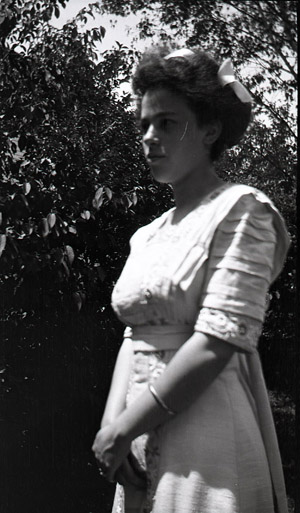Green Mountain Post Films Records
Co-founded by Charles Light and Daniel Keller, Green Mountain Post Films has produced and distributed films for more than twenty-five years. Their first documentary film released in 1975, Lovejoy’s Nuclear War, was one of the first films to question the nuclear energy policy of the United States. Since then GMP Films has continued to produce movies that explore social issues, and their films have been used as educational and organizational tools for activists working on peace, veteran, nuclear, environmental and other related issues.
The collection contains hundreds of film and video elements (masters, release prints, negatives, dailies, work prints, outtakes, mag tracks, audio) of several GMP projects. In addition there are several boxes of administrative files consisting of research files, correspondence, and proposals relating to film projects either produced or under consideration. There is also an assortment of alternative press publications from the 1960s-1970s.


